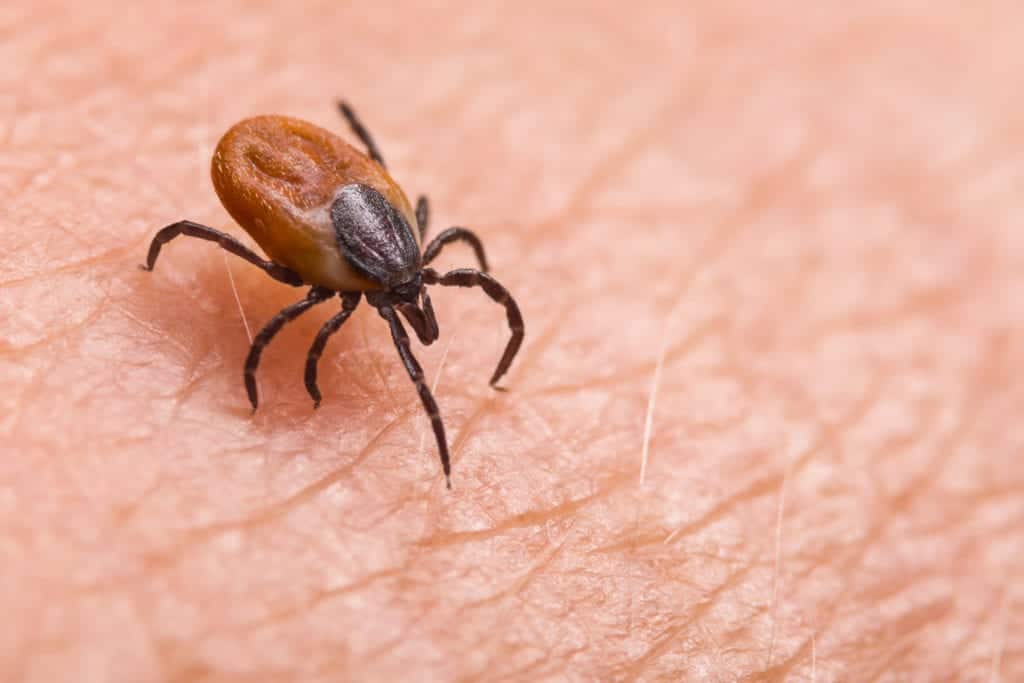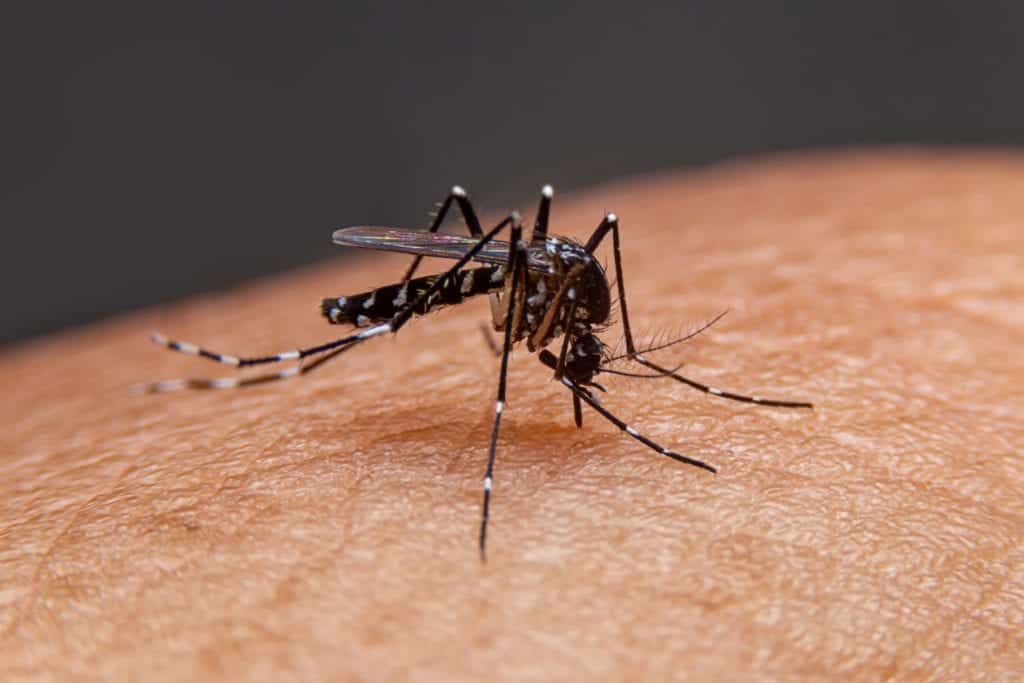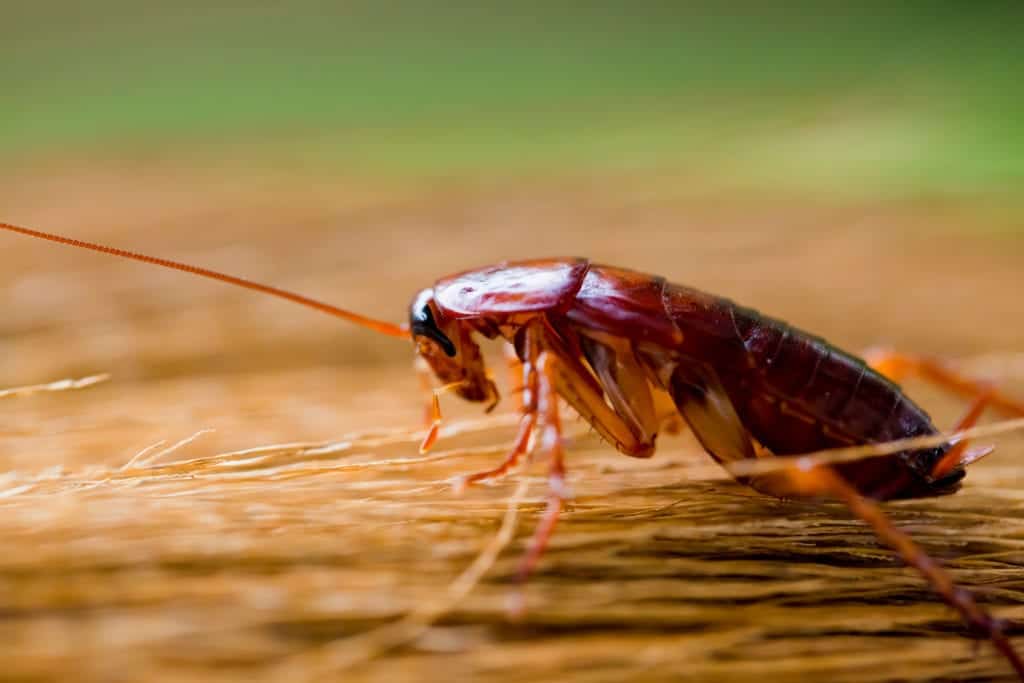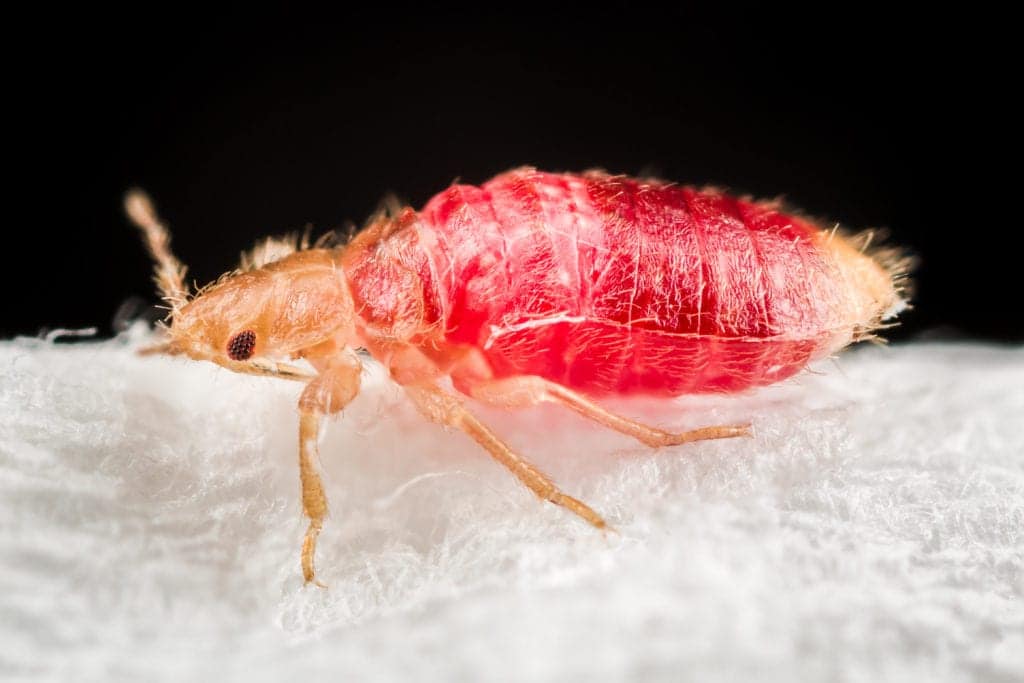What’s Eating You? – Pests and their Natural Predators
What’s Eating You? – Pests and their Natural Predators
Ticks
Frogs – while frogs might most readily be associated with consuming flies, in the wild they have a far more varied diet. However, while they will feast on ticks, it is not their most likely prey as they spend most of their time in water while ticks typically are hidden within foliage such as grass, trees, bushes, etc.
Birds – smaller birds typically feed on small insects, and ticks are no exception. In fact, there is even an African savanna bird called oxpeckers that feed almost exclusively on their local populations of ticks.
Chickens – while it may seem odd, chickens are a very prominent tick predators. They feed on ticks that are close to the ground and in grass. They have also been known to even eat them off of their fellow farm animals. This makes them an extra positive addition to any farm.
Opossums – Opossums may not be the prettiest, but they are extremely helpful when it comes to tick control. They LOVE feasting on ticks and can consume up to about 5,000 ticks during each tick season.
Squirrels and Chipmunks – when ticks attempt to feed on these little woodland creatures, they don’t make it very far. Both squirrels and chipmunks will feed on the ticks on them and their family members. They don’t really seek the arachnids out as a form of sustenance, but they enjoy them as snacks when grooming themselves.
Beetles and Spiders – Many different insects and arachnids feed on one another. They dine on other species, as well as sometimes engaging in cannibalism. In the case of ticks, both beetles and spiders are the most likely arthropods to prey on them. 
Mosquitos
Bats – bats are a fantastic source of natural mosquito control. In fact, bats will often adjust their hunting ranges depending on mosquito populations.
Dragonflies – dragonflies will consume mosquitos in both their larval and adult forms. In their adult stage, they can eat between thirty to several hundred mosquitos in a single day – making them quite the threat to mosquito populations.
Spiders – flying into that sticky little web is a death sentence for most bugs. Spiders aren’t very picky when it comes to their food, and they are more than happy to munch on mosquitos when given the chance.
Mosquitos – a mosquito known as the elephant mosquito (Toxorhynchites rutilus) will actually feed on the larvae of other mosquitoes when they themselves are in their larval form. 
Cockroaches
Lizards and Snakes – many different types of lizards are very prolific predators, especially when it comes to insects. Snakes are also carnivorous creatures and will consume roaches when the opportunity presents itself.
Centipedes – these multi-legged arthropods have strong bite power and will feast on a variety of different insects, including roaches.
Praying Mantis’ – these insects are well known for consuming other species of insects and cockroaches are no exception. When the opportunity presents itself, they will eat the occasional cockroach. 
Bed Bugs
Bed bugs are a massive problem and, unfortunately, they do not have many natural predators. But in the right conditions, and with some luck, the following will occasionally feed on those nasty nighttime vampires.
Ants – there are a few different species of ants that will consume bed bugs if given the opportunity. These species include Argentine ants, Pharaoh ants, European imported fire ants, and Tropical fire ants.
Scorpions – it isn’t very typical that scorpions and bed bugs come across one another, but in the case that such a situation occurs, wind scorpions and pseudoscorpions will consume bed bugs.
Mites – pyemote mites are rather small, but when they encounter bed bug eggs and larvae, they have been known to feast on these young stages of bed bugs.
Lizards – while lizards are more than happy to have bed bugs as part of their menu, it is not very likely that they come in contact with one another. Furthermore, in the case of a bed bug infestation, some veterinarians warn that it is not advisable to allow a pet lizard to feed on many of the insects at once (although a few are supposedly harmless snacks). 
Citations
Request a Free Quote Today
(We do not share your data with anybody, and only use it for its intended purpose)


